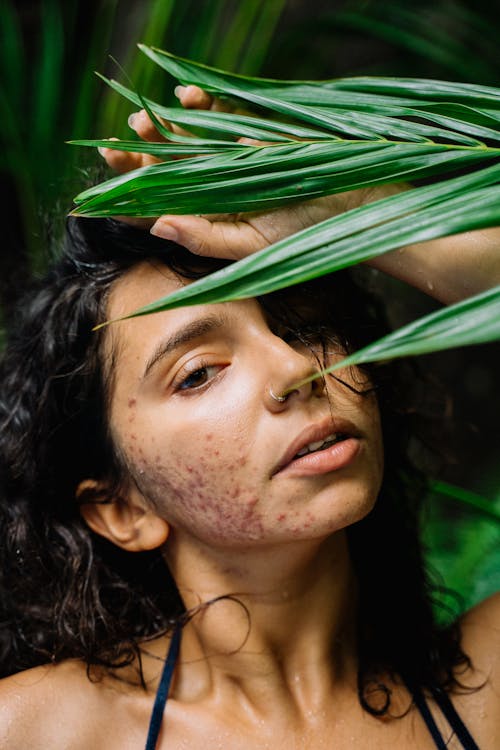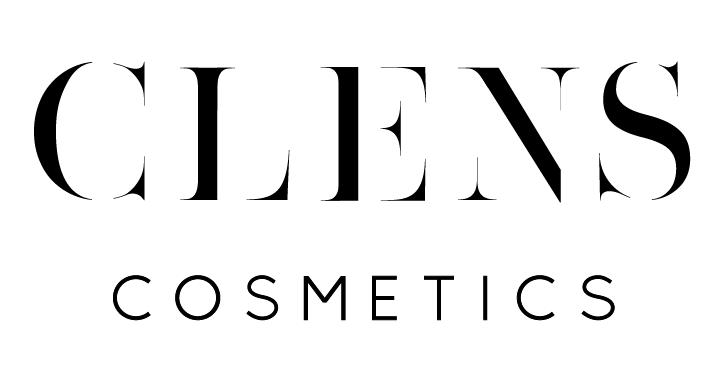We take a deep dive into what Maskne is, what it is like to live with and how to incorporate tricks and tips into your routine
What is Maskne?
Maskne is the latest skin issue to plague our faces and since the increase in mask wearing thanks to Corona it's something we are seeing an increase of. Its characterised by breakouts and irritation around the mouth, cheeks and jaw - where the mask is in contact.

Maskne is acne caused by and in the areas that are in contact with a face mask, explains Elizabeth Mullans, M.D., a board-certified dermatologist at Uptown Dermatology. This is not a new phenomenon as surgeons, construction workers and anyone whose job regularly requires them to wear a mask will tell you.
It's caused by a number of reasons. Firstly the mask rubbing on your face causes friction between the mask and your skin in a process called Acne Mechanica. This causes irritation and rubbing of dirt and dead skin into the areas in contact with the mask, explains Ife J. Rodney, M.D., a board-certified dermatologist and founding director of Eternal Dermatology Aesthetics.
Secondly the trapping of breath from your nose and mouth create a more densely packed breeding ground for acne with higher than normal oil, sweat and moisture levels. There are other contributing factors such as the cleanliness of your mouth prior to mask application. Dermatologist Bita Bagheri explains, when not wearing a mask after eating there is much less issue of skin and mouth cleanliness causing acne. When a mask is applied, any left over food debris can be pushed further into the skin and become an acne trigger.
The cleanliness of the mask itself is a huge factor. Rewearing masks means rewearing all the dirt, skin cells and bacteria from your mouth and face, (and wherever the mask has been) onto your skin. Changing up your masks regularly and ensuring they are washed or disinfected is crucial. We recommend reusable masks that can be disinfected with alcohol or UVC light, and machine washed. Avoid fabric softeners which can irritate skin.
Making sure you keep to your washing schedule is really important. Cleaning your skin as soon as possible after wearing your mask, and before you wear it will help reduce breakouts. If your skin is clean before the mask is applied, and also after its removed, it'll be able to breathe and repair. Dr Hiba Injibar, a Consultant Dermatologist who practices at Dermasurge Clinic on Harley Street mentions “I’d suggest using glycolic acid pads. I like NeoStrata glycolic pads, but there are a number of pads out there. Just make sure you don’t use more than a 10% concentration!”
Minimising makeup underneath your mask can help too, as when the mask is on the skin it can cause unnecessary blockages. Opt for a tinted moisturiser, and always make sure your skin is well moisturised when wearing a mask to help protect the skin from irritation and blocked pores.
As frustrating as maskne is, it's worth treating it to stay responsible and safe.
References:
Dermatologist Explain Everything You Need to Know About 'Maskne' (2021). Available at: https://www.shape.com/lifestyle/beauty-style/maskne-face-mask-acne-mechanica (Accessed: 11 March 2021).
OH, M. and A, K., 2021. Acne mechanica. [online] PubMed. Available at: <https://pubmed.ncbi.nlm.nih.gov/123732/> [Accessed 12 March 2021].
Presbyterian, H. et al. (2020) From a dermatologist: How to beat "maskne," dry hands, and other safety-related skin problems, KevinMD.com. Available at: https://www.kevinmd.com/blog/2020/09/from-a-dermatologist-how-to-beat-maskne-dry-hands-and-other-safety-related-skin-problems.html#:~:text=To%20keep%20maskne%20at%20bay,glycolic%20acid%20pads%20with%20you. (Accessed: 11 March 2021).
What is 'maskne' and how can it be prevented? (2020). Available at: https://oryon.co.uk/blog/maskne/ (Accessed: 12 March 2021).

